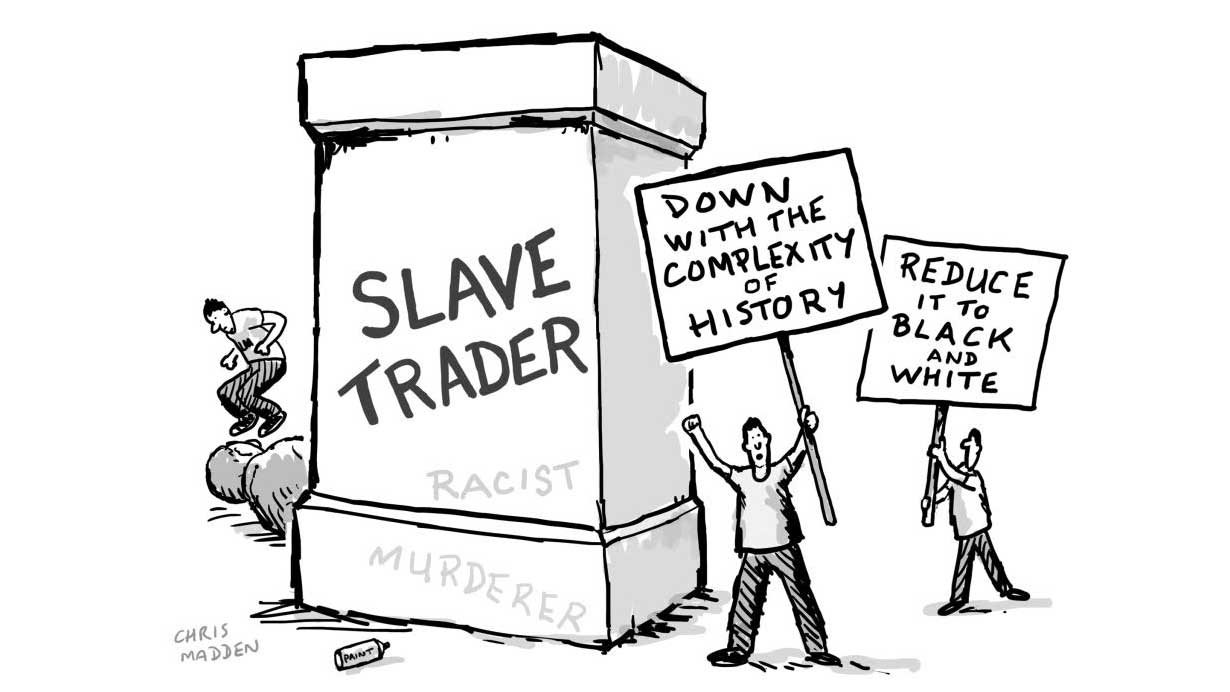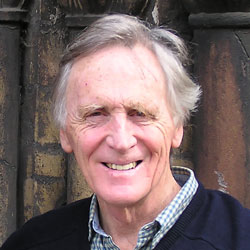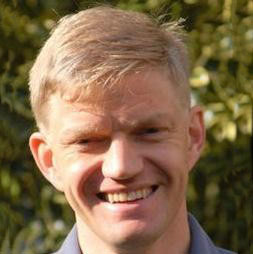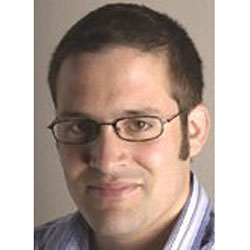Looking into the Abyss
Kevin Moss is Director of Operations at Christian Heritage and a PhD candidate in intellectual history. In the wake of the recent insanities on Capitol Hill, I have taken to re-reading Gertrude Himmelfarb’s excellent book, On Looking Into the Abyss: Untimely Thoughts on Culture and Society. Published in 1994, it is perhaps unlikely that Himmelfarb (who died towards the end of 2019) would have anticipated these events, as unlikely as it would have been for John Stuart Mill to have anticipated the outworking of his thesis, On Liberty, the book which has been a foundational influence on modern liberalism. Mill’s work benefits from a very clear-sighted critique in Chapter IV of Himmelfarb’s book, entitled Liberty: “One Very Simple Principle”? which demonstrates that the kind of reductionism at the heart of On Liberty has not weathered the passage of time very well. Indeed, the clue to the fundamental weakness in Mill’s optimism about liberalism is to be found in another of his essays, Nature, written only a few months before he commenced On Liberty. It would be difficult to find two views of human nature which had less in common, but it was the naïvely optimistic one which prevailed, because it was...






